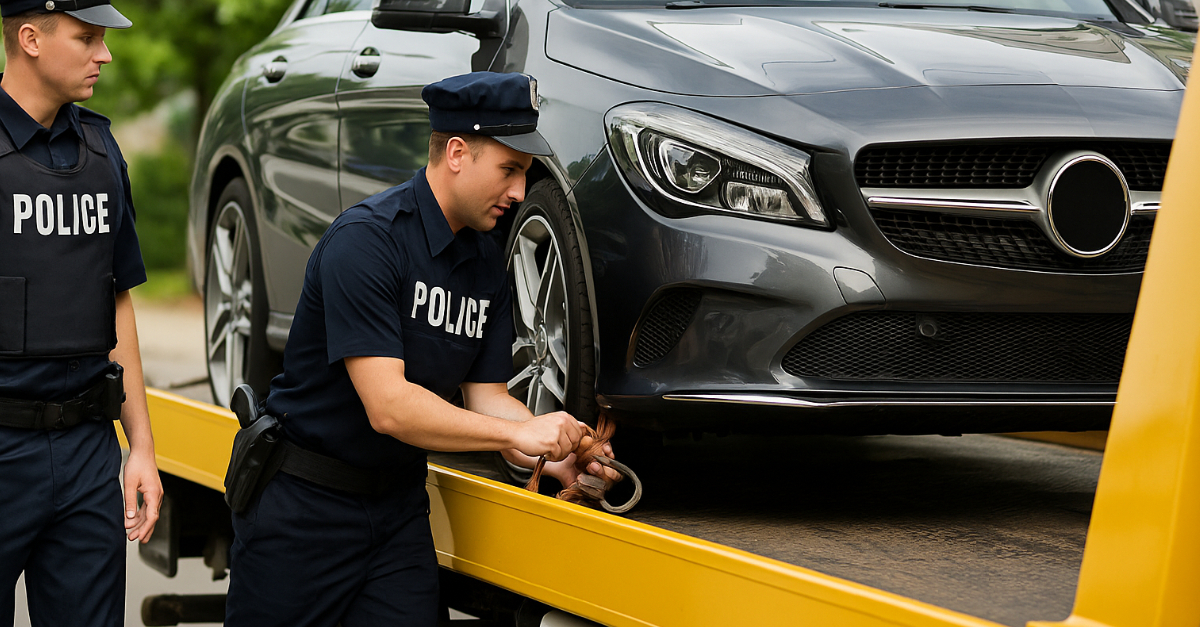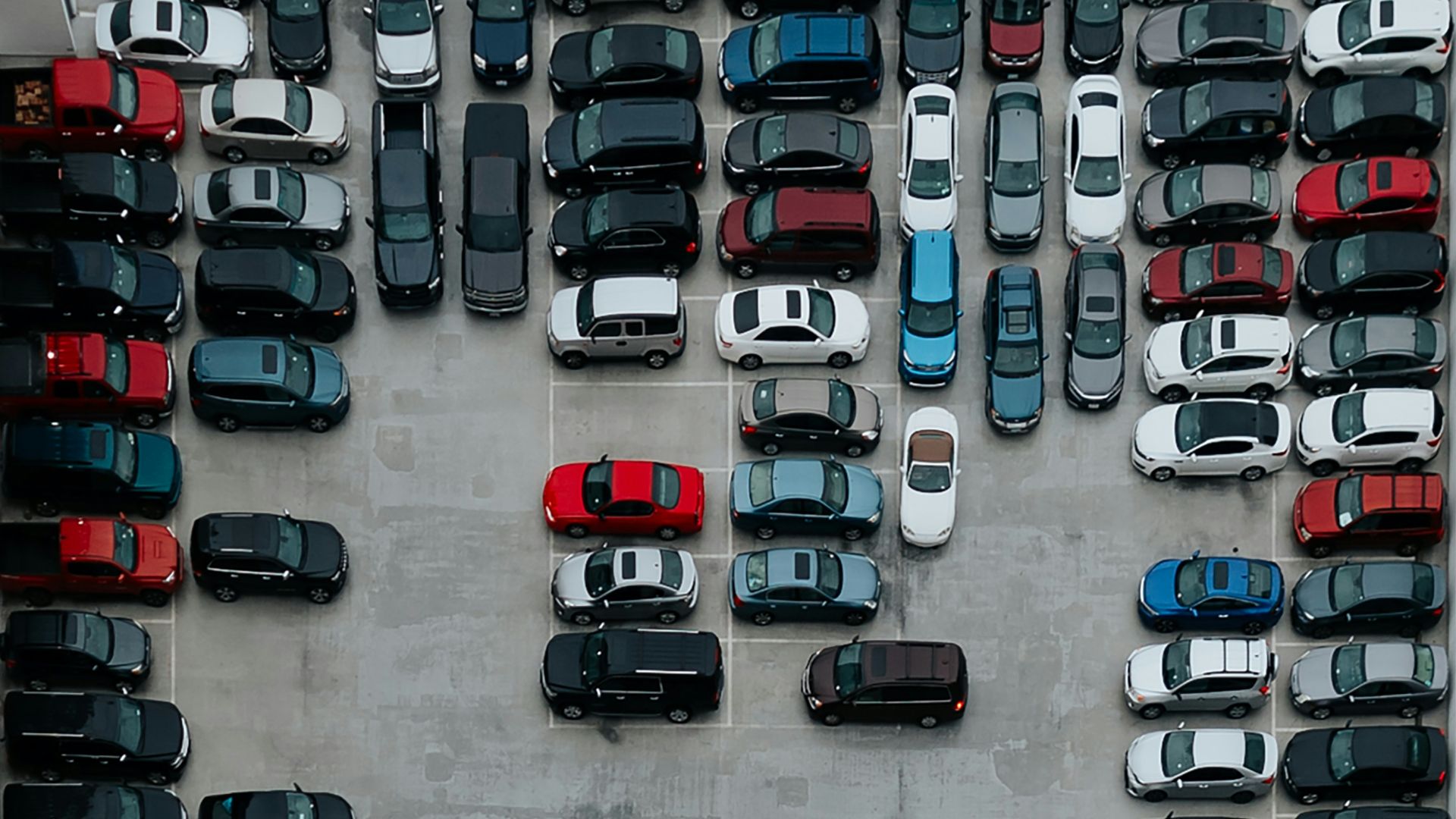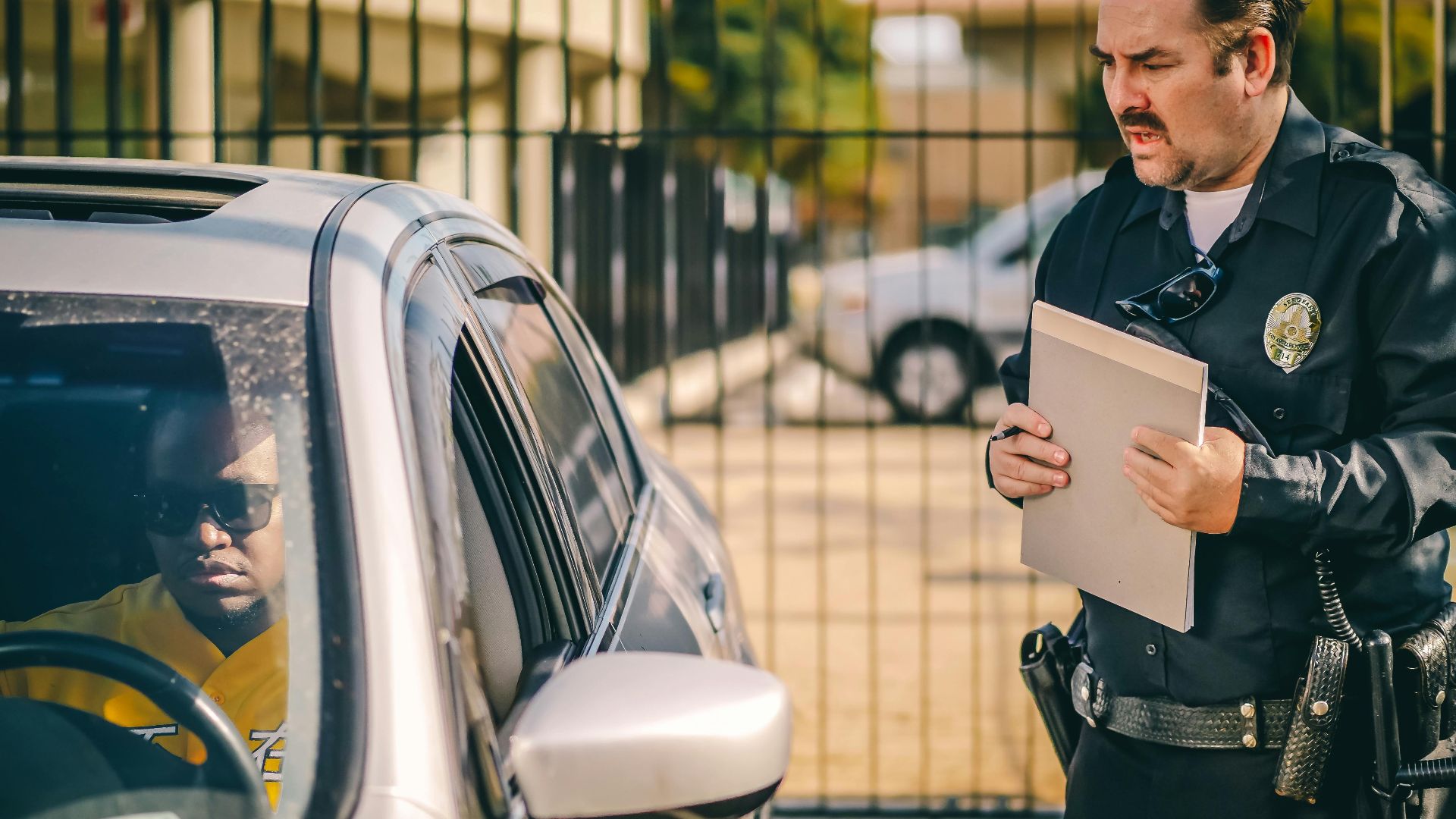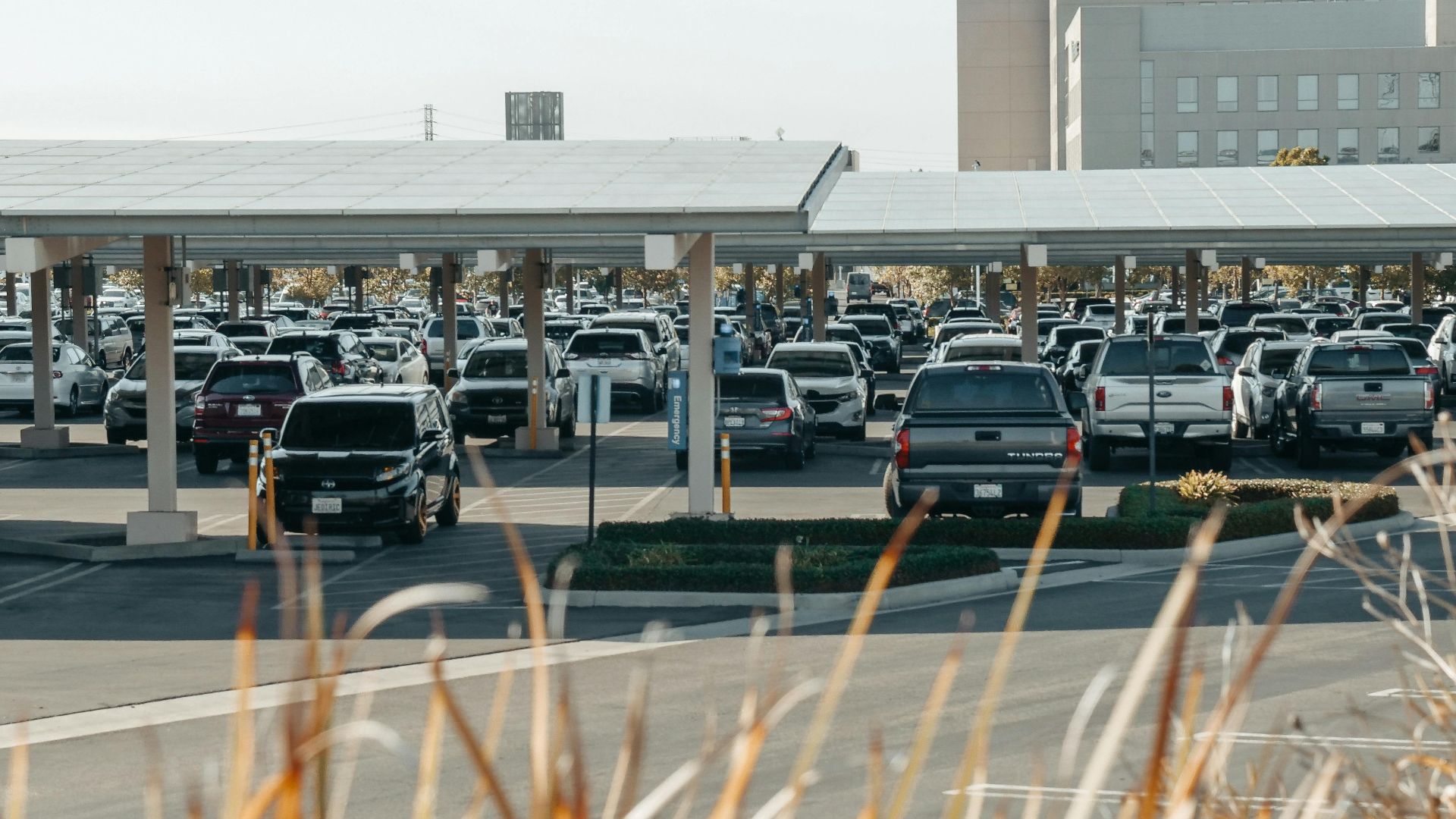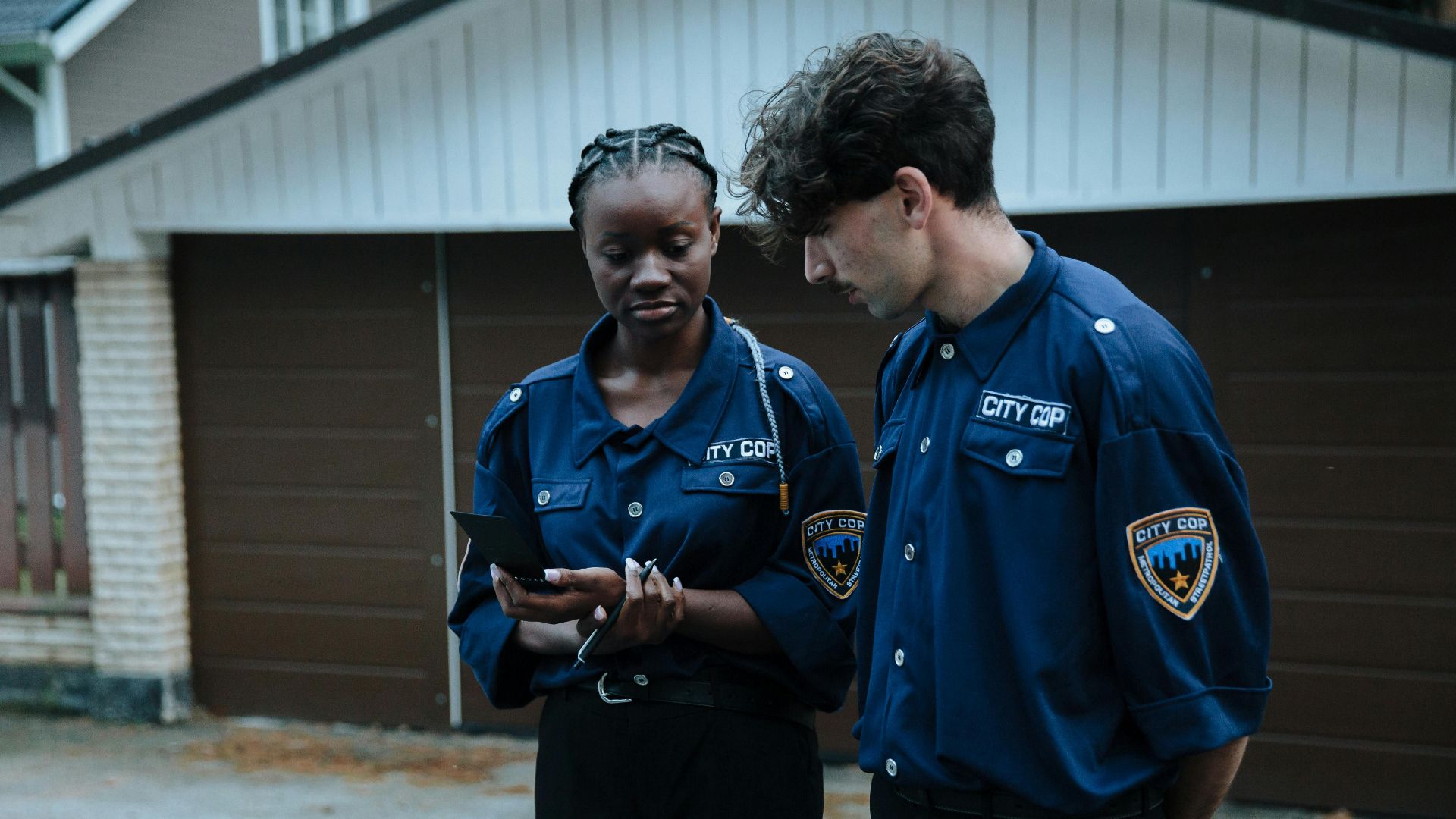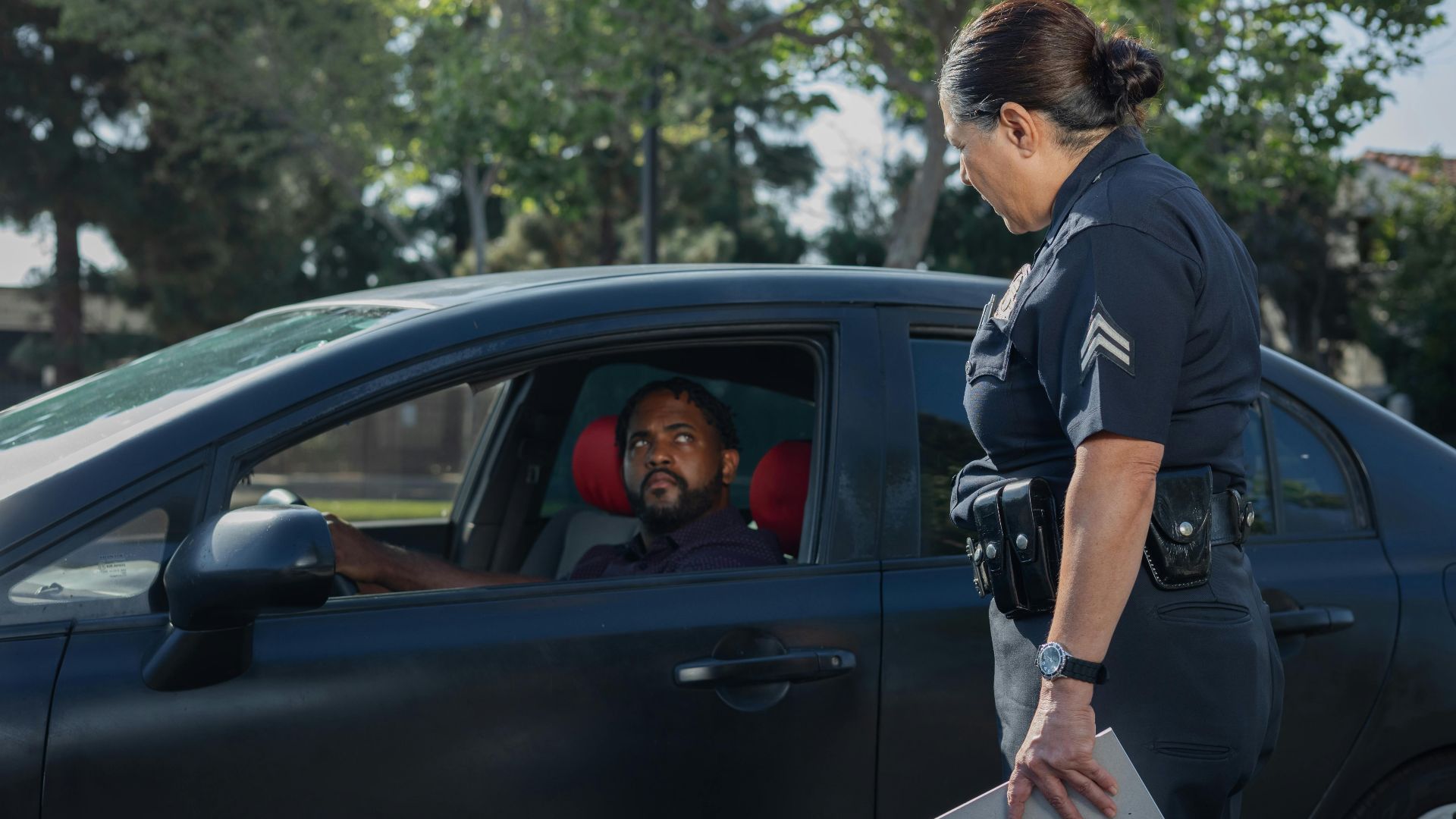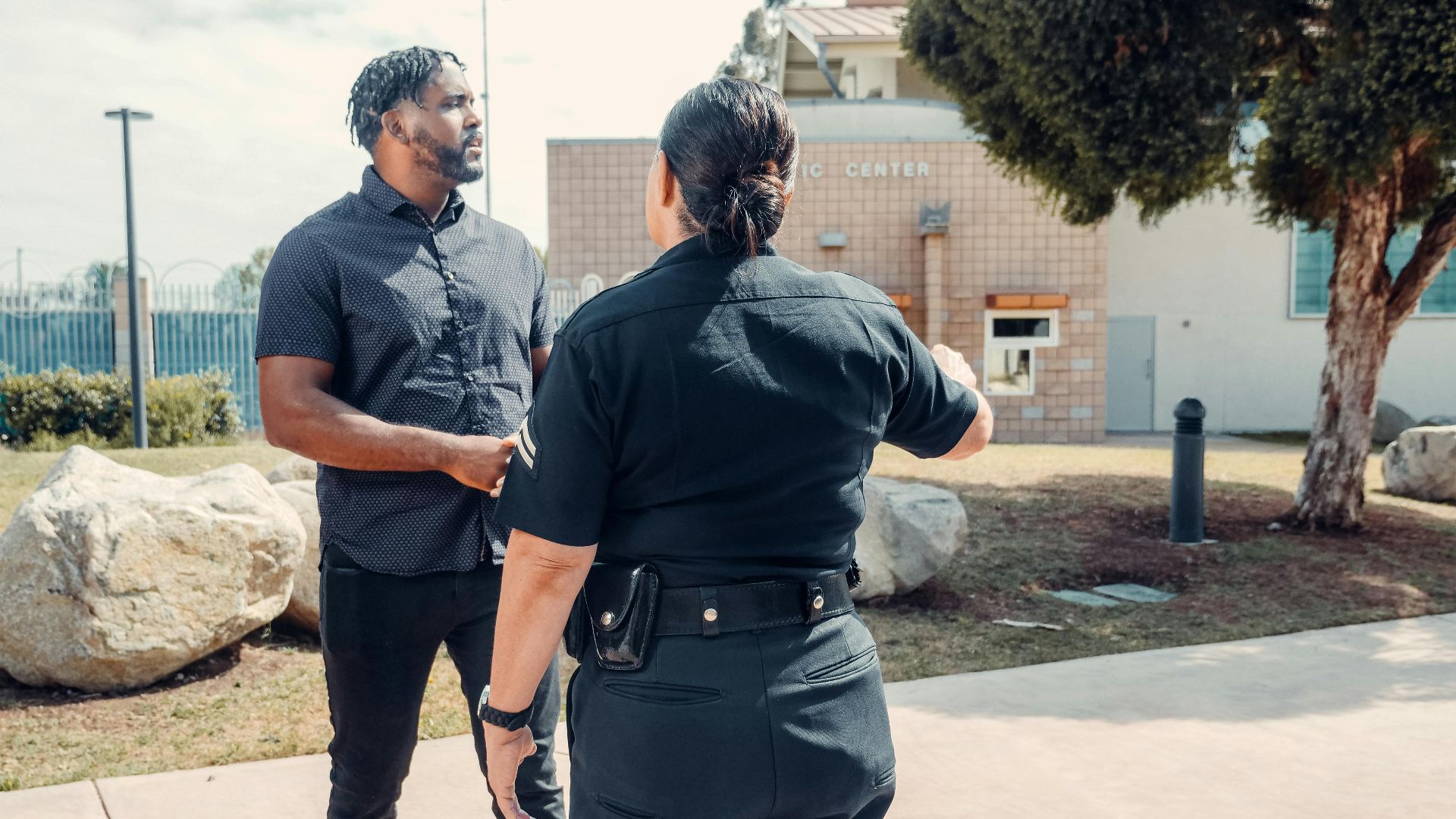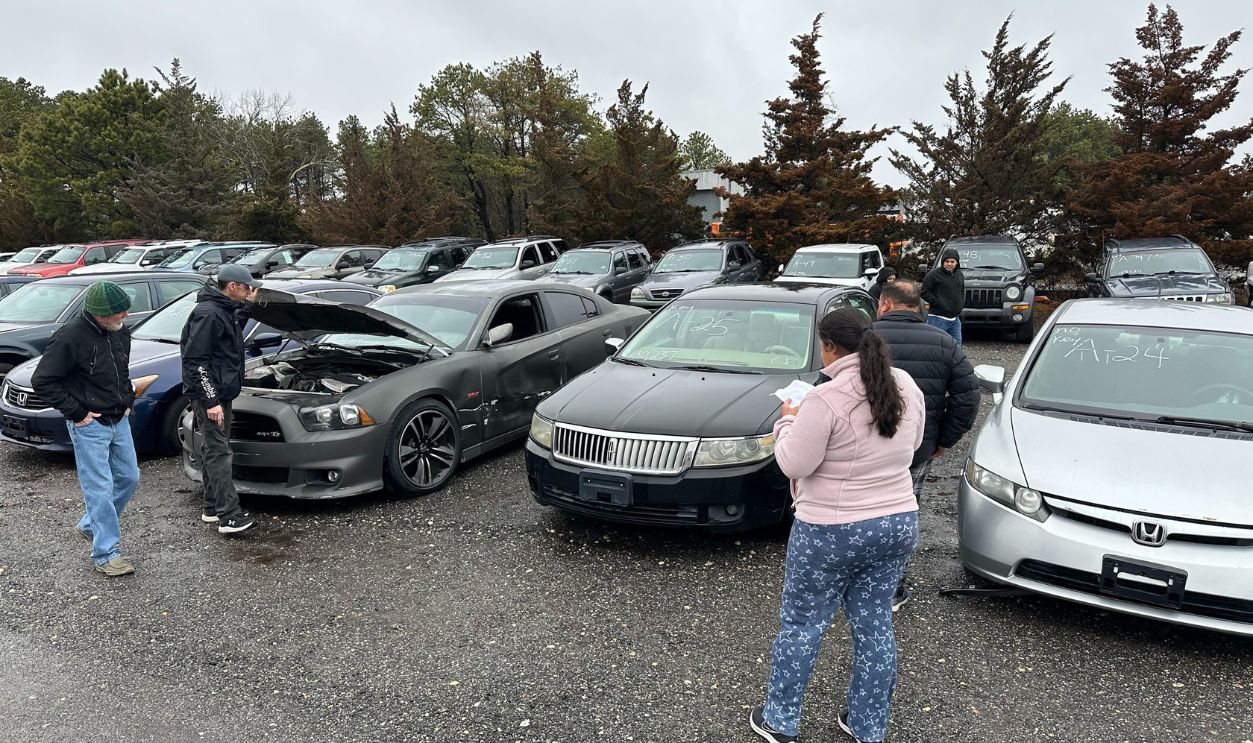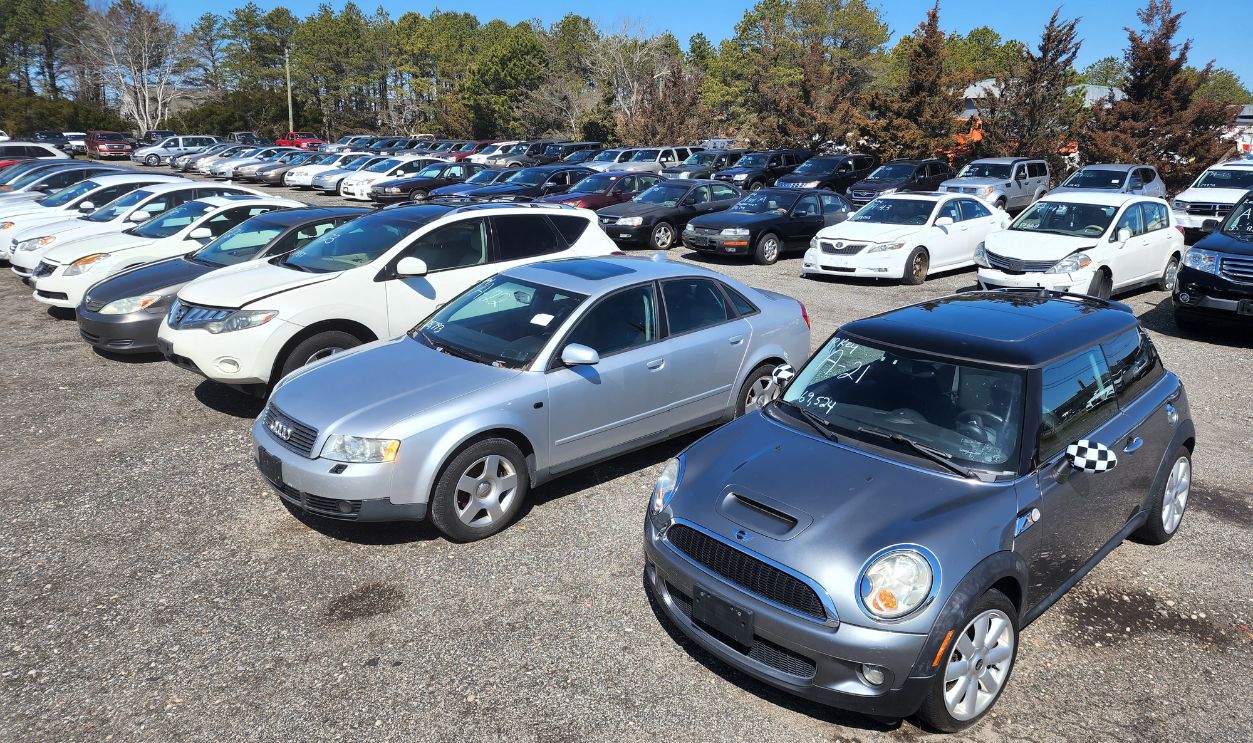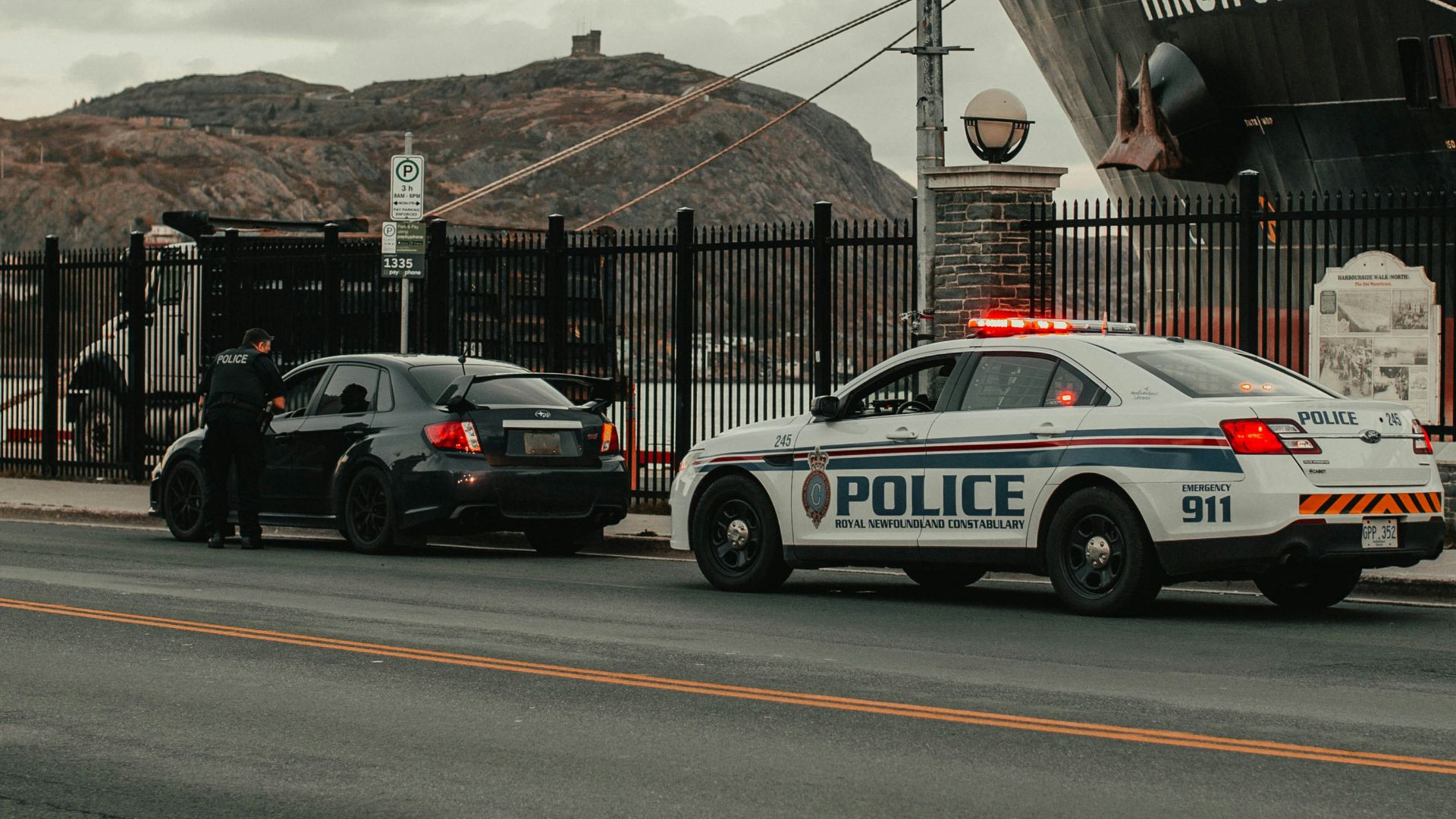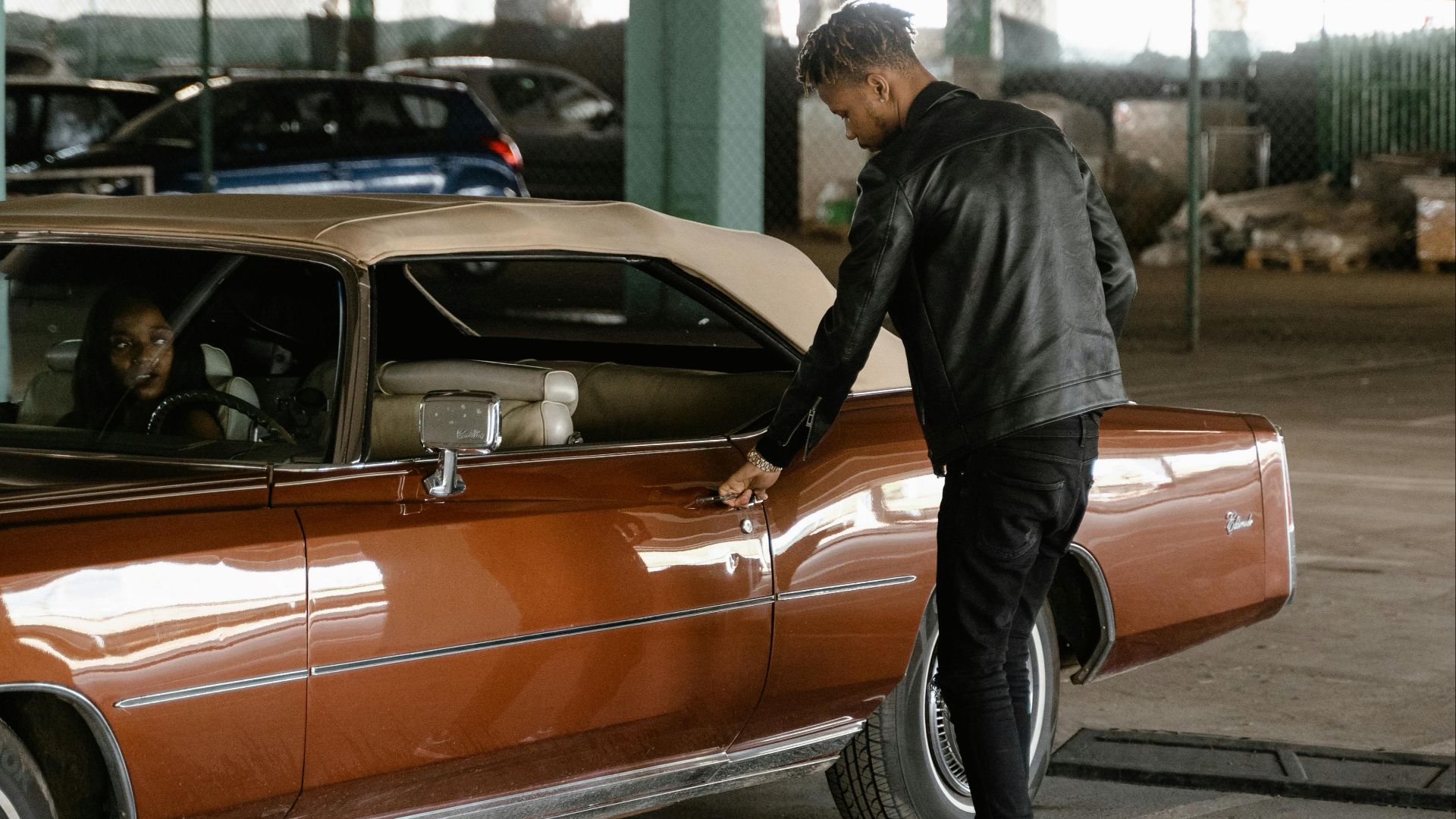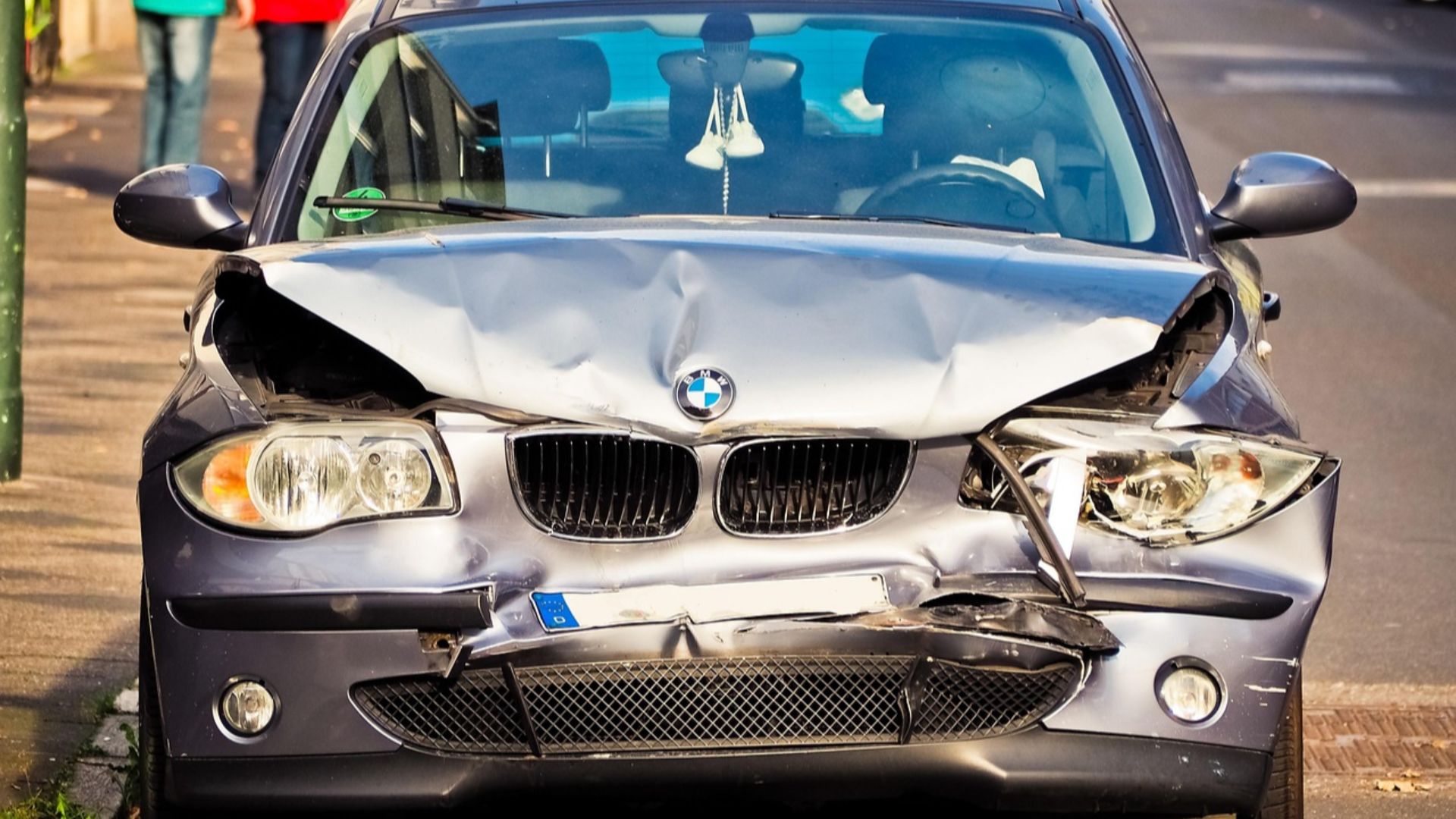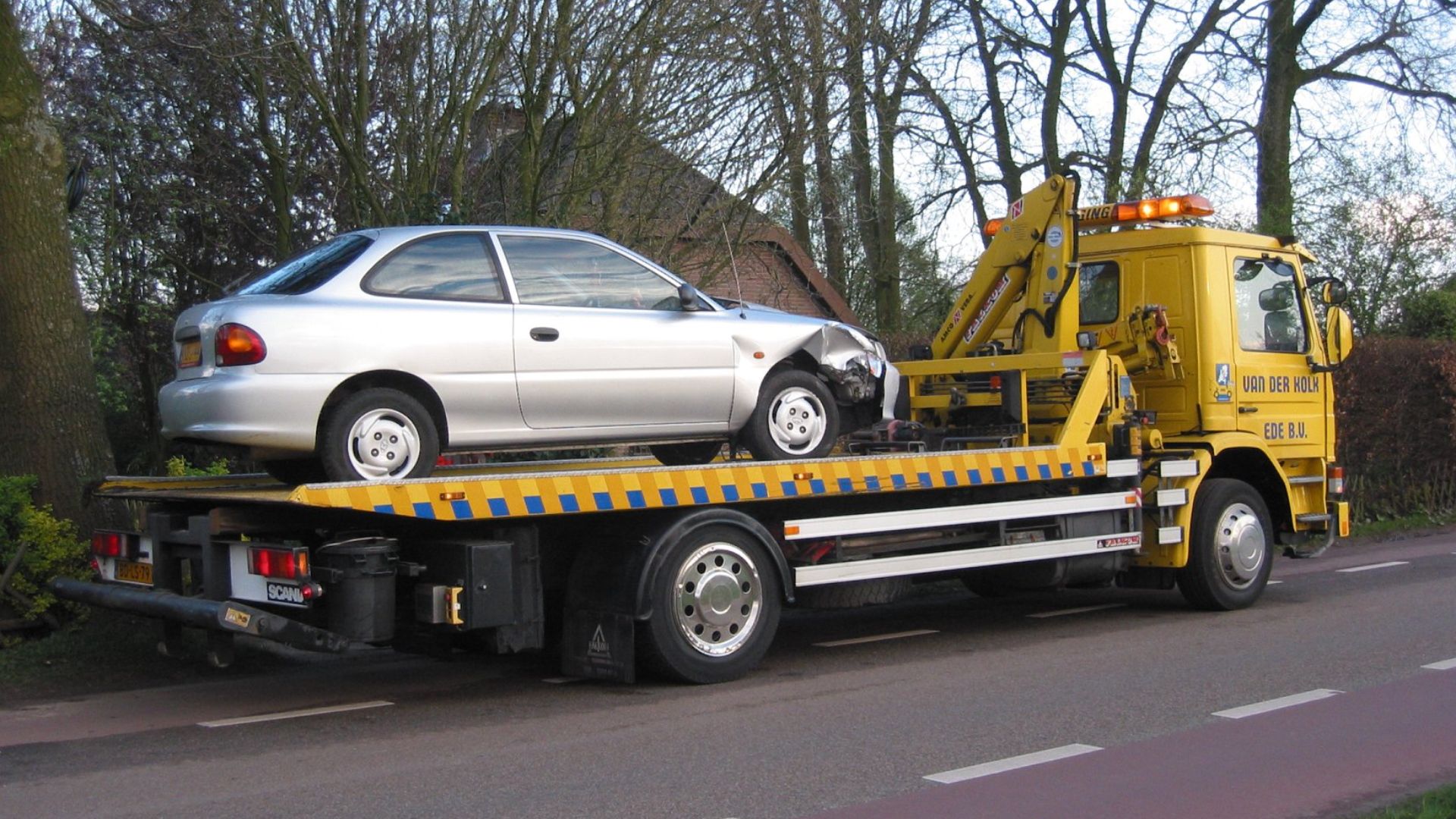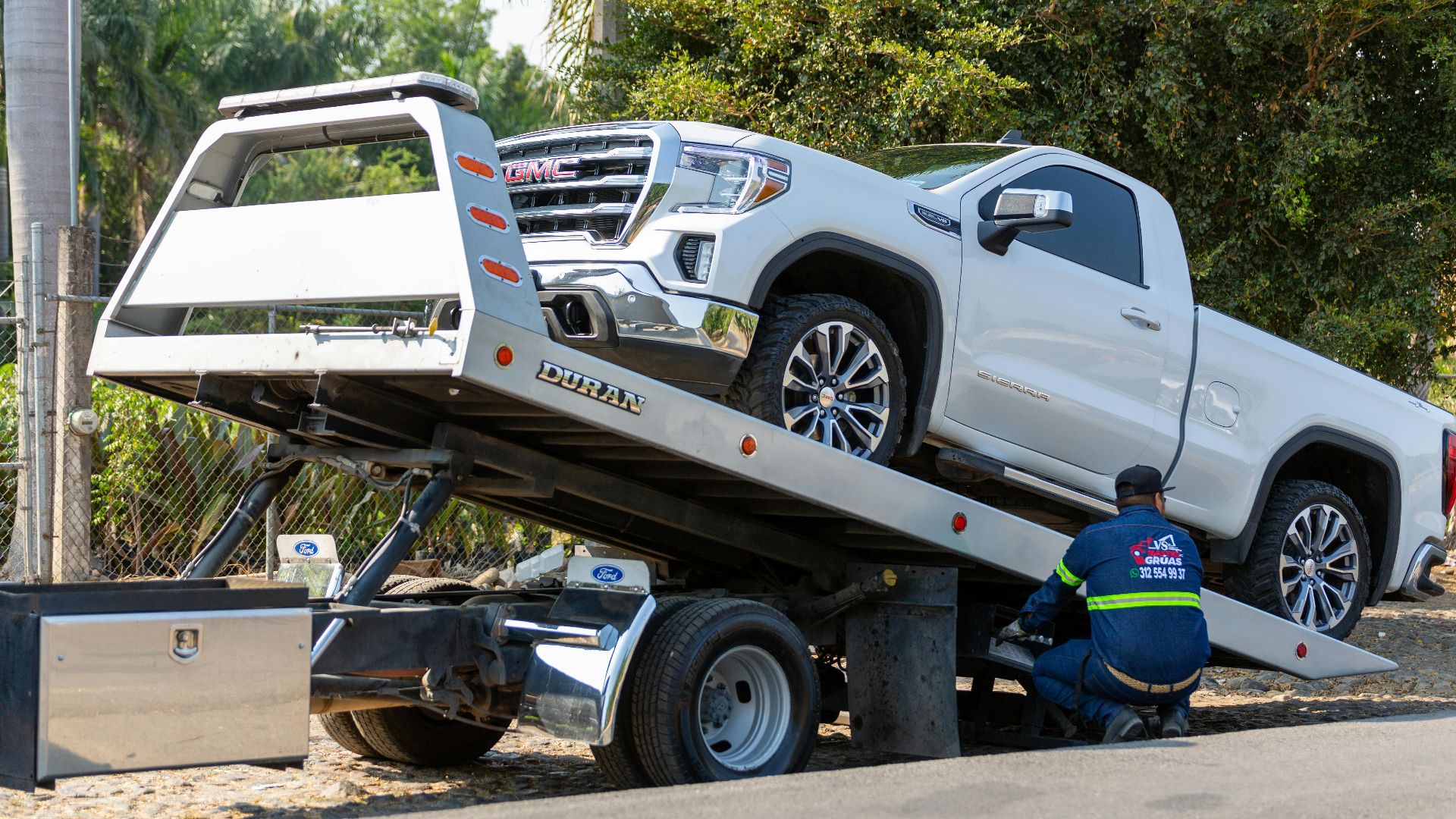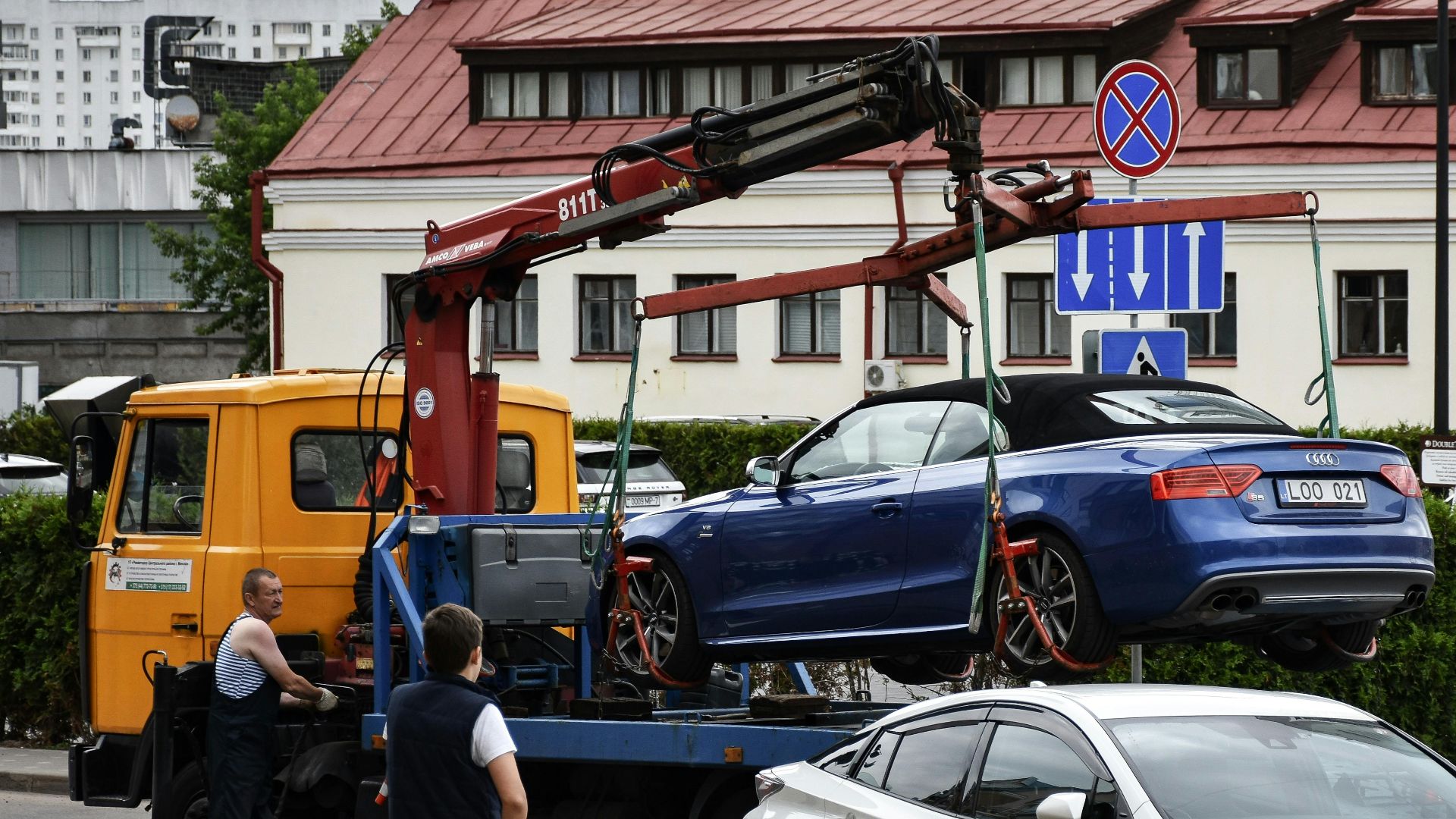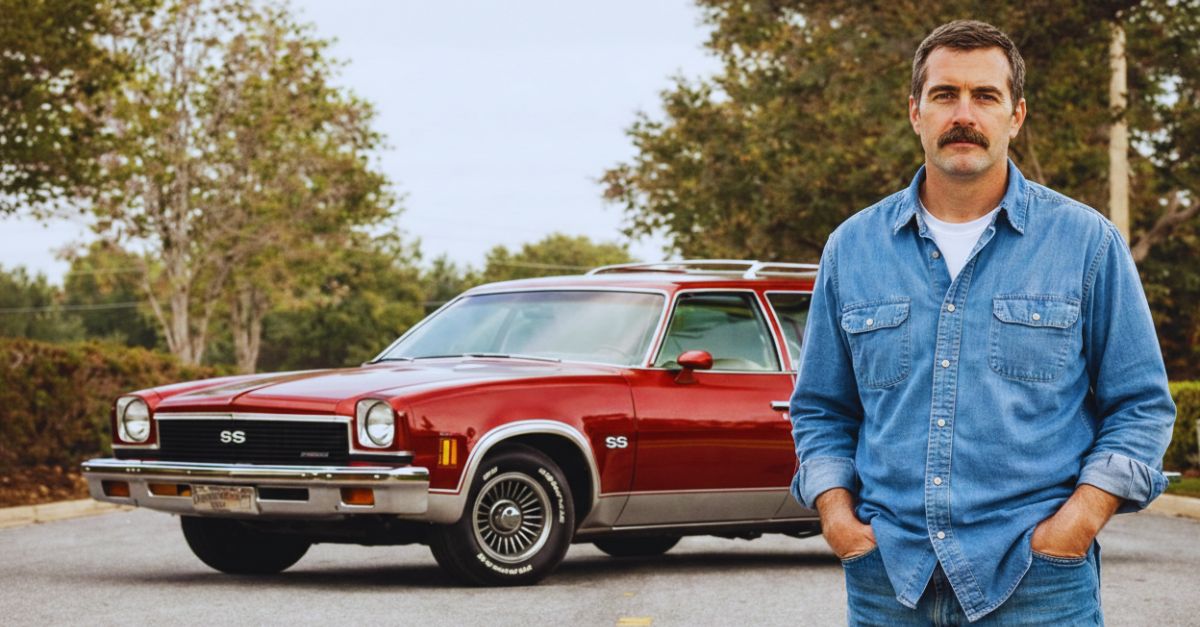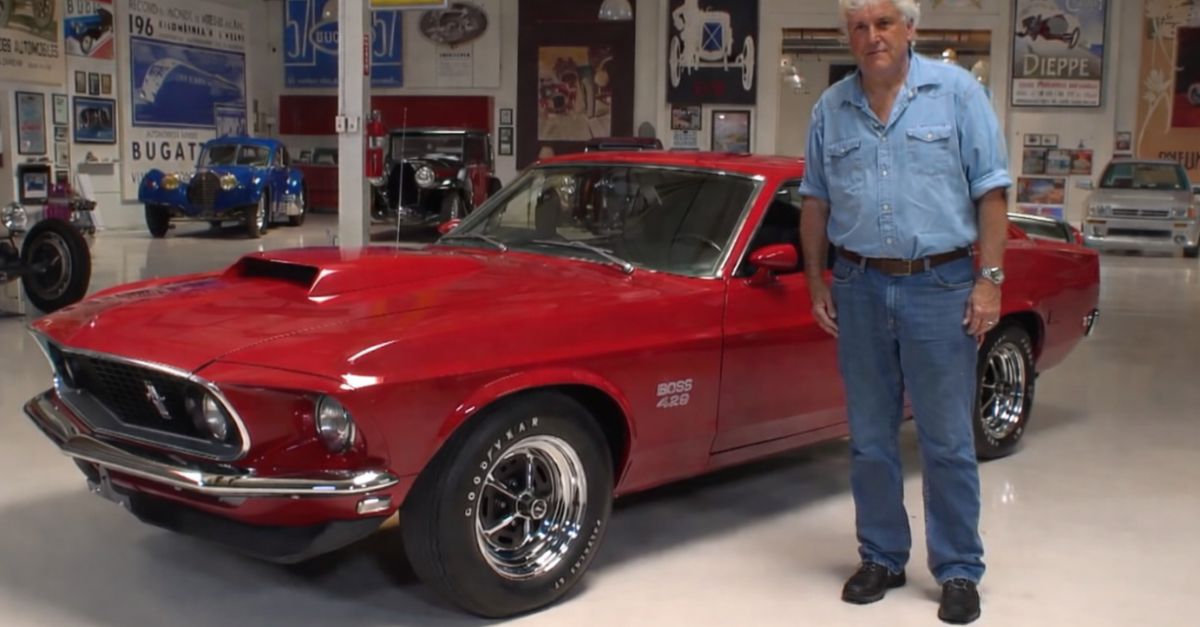Seized and Confused
Ever wondered what happens to all those cars the police impound, seize, or tow away? Whether it’s because of a crime, unpaid tickets, or something as simple as expired tags, thousands of vehicles end up in police custody every year.
But what happens next? Let’s take a peek behind the chain-link fence and find out.
Not All Seized Cars Are Criminal
Let’s clear this up first—not every seized car belonged to a criminal mastermind. Plenty are taken over unpaid parking tickets, expired tags, DUIs, or just being parked where they shouldn’t be. If the owner acts fast (and pays up), they can usually get their car back.
Some Cars Are Held As Evidence
But if the car was used in a crime? That’s a different story. Vehicles tied to robberies, drug deals, or other serious stuff often get held as evidence. That means the car could be locked up for months—or even years—while everything plays out in court.
The Clock Starts Ticking
Meanwhile, there’s a time limit. In most places, owners have 30 to 90 days to claim their vehicle before it’s considered abandoned. After that, it’s open season—and the city or police department decides what happens next.
The Police Can Keep It
If the car was bought with dirty money or used in a serious crime, it might be seized for good under civil asset forfeiture laws. Sometimes, these cars get repurposed—yes, your old Mustang might become a stealthy unmarked cop car.
Many End Up At Auction
But most seized vehicles don’t get flashy new careers. They wind up at auction, where anyone can bid. These auctions are goldmines for bargain hunters—and wildcards for the rest of us.
Auctions Can Be Wild
You might see a rusted-out minivan next to a barely-driven BMW. Police auctions are unpredictable, and most cars are sold as-is. If you don’t know what you’re doing, you might end up with a lemon—and no return policy.
 Andrew Tatlow , Wikimedia Commons
Andrew Tatlow , Wikimedia Commons
Some Cars Are Scrapped
Not everything’s worth selling. Some cars are too busted, too old, or too sketchy to make it to auction. Those often get stripped for parts or sent to the scrapyard for crushing.
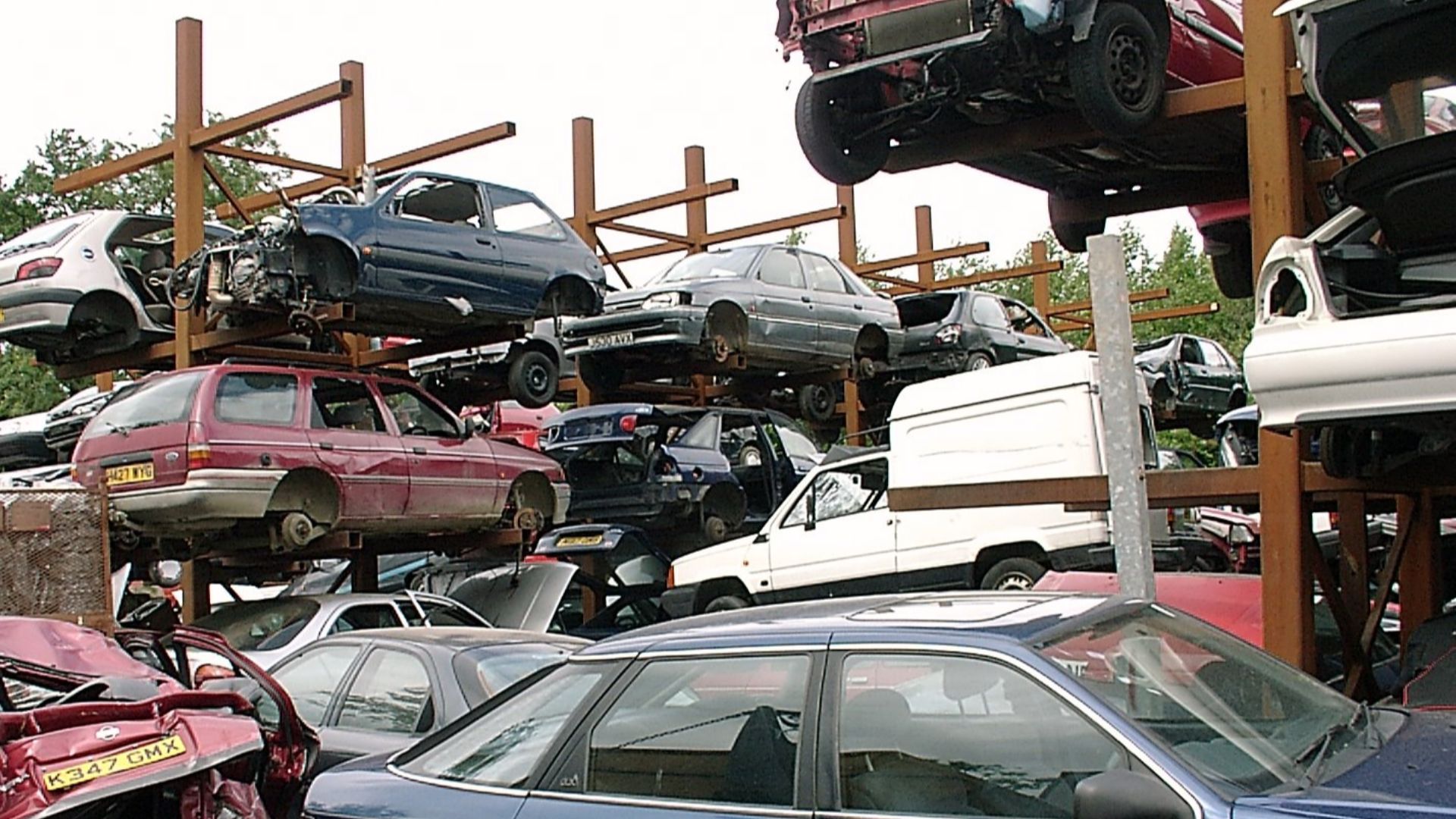 Snowmanradio at English Wikipedia (Original text: snowmanradio), Wikimedia Commons
Snowmanradio at English Wikipedia (Original text: snowmanradio), Wikimedia Commons
Proceeds Go Somewhere Interesting
So what happens to the money from those sales? It usually goes right back to the city or department. Some of it funds police equipment or training. In some places, it even supports community programs. Weirdly enough, that seized Camaro might be helping fund a youth outreach program.
Some Cars Come With Drama
Of course, buying a seized car can come with baggage. Old liens, title issues, even former owners trying to claim it back—yes, that happens. It's not always a clean transaction.
There’s A Registry For That
Want to know if a car has a sketchy past? VIN checks are your friend. Many sites let you search a car’s history to see if it was ever stolen, totaled, or seized. Definitely worth doing before you bid.
Civil Forfeiture Gets Complicated
This part’s controversial. Civil asset forfeiture allows police to take property—even if the owner isn’t charged with a crime. Supporters say it hits criminals where it hurts. Critics say it's an abuse of power and unfair. And honestly? Both sides might have a point.
Some Owners Fight Back
Not everyone just gives up their car. Some people take their case to court, arguing that the seizure was unjust or unlawful. And sometimes? They win. But it’s not quick, and it’s rarely cheap.
Undercover Car Life
What happens to the ones police keep? Some get turned into undercover rides. Flashy models like Chargers, Mustangs, or luxury SUVs blend in perfectly for sting operations or surveillance. It's like Fast & Furious, but with paperwork.
You Can Attend A Seized Car Auction
And yes—you can totally buy one of these cars. Public police auctions happen all over the country, and many are online. Just register, read the fine print, and bring your poker face (and maybe a mechanic).
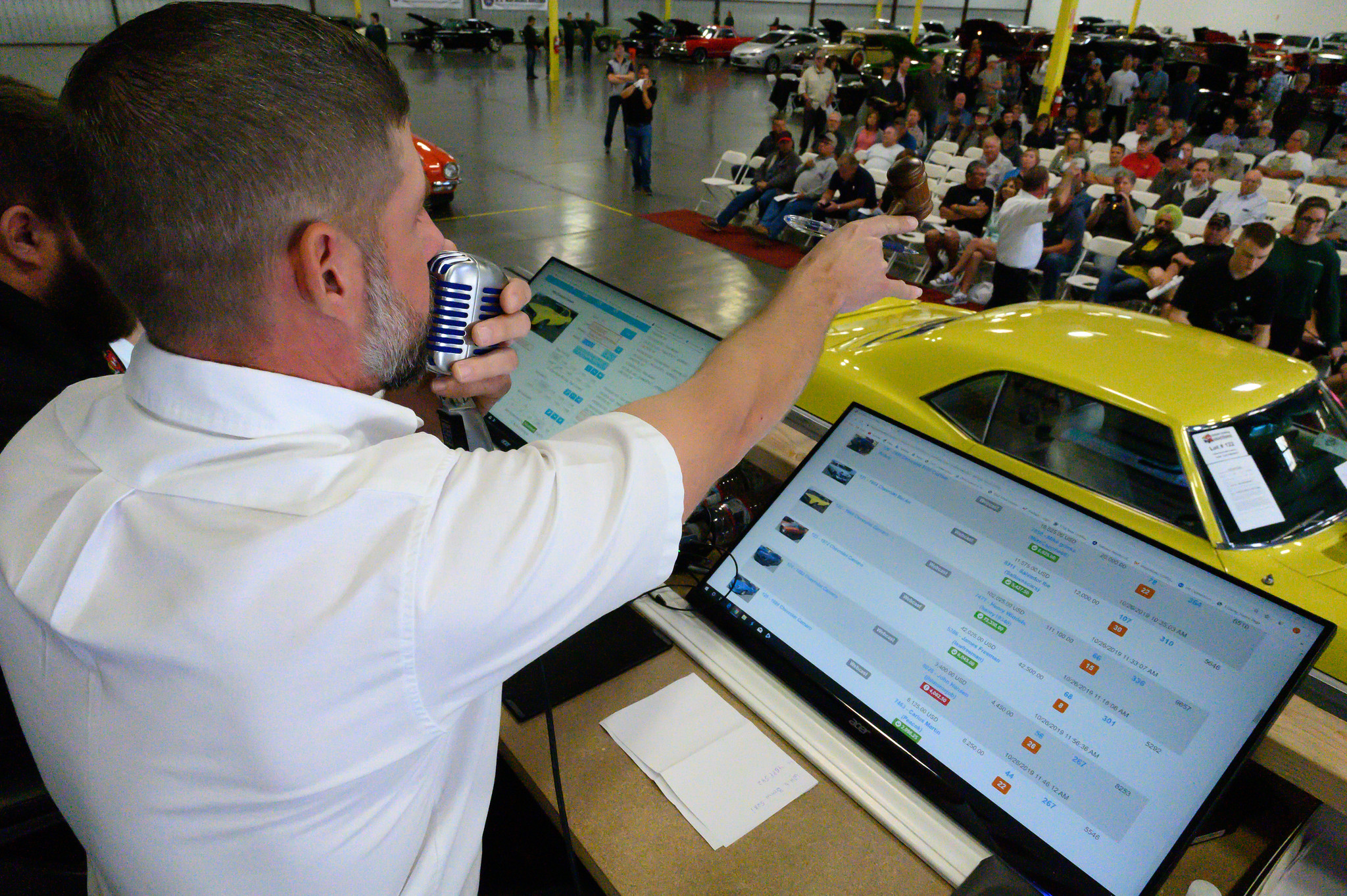 Office of Public Affairs, Flickr
Office of Public Affairs, Flickr
There’s A Whole Industry Around It
Behind every auction is a whole ecosystem: towing companies, storage lots, auctioneers, resellers. Some folks make a living flipping seized cars. It’s not glamorous—but in some cities, it’s big business.
Hollywood Glamorizes It
Movies make it look like every seized car is a Ferrari taken from a drug lord. In real life? It’s more like a dented 2008 Corolla with fast food wrappers and a broken stereo. Still, the fantasy lives on.
Some Cars Just Disappear
Not every car makes it to auction or the junkyard. Some fall into bureaucratic limbo—missing paperwork, unresolved investigations, or just getting forgotten in the back row of a lot. Eventually, they quietly vanish.
It Can Happen To Anyone
You don’t have to be a criminal to lose your car. Plenty of regular folks have had their vehicles seized over unpaid tickets, suspended licenses, or even DMV screw-ups. It's not always about wrongdoing—sometimes it’s just red tape.
There's Big Money In Luxury Seizures
Every once in a while, the feds seize something flashy—a Lambo, a Bentley, or a Rolls. These cars usually go through federal auctions and sell for big bucks. They get headlines, but they’re the exception—not the rule.
Yes, Some People Get Them Back
Sometimes, the system works. The owner clears their name, resolves the issue, and the car gets returned. It’s not fast, and it’s rarely easy, but yes—it does happen. Just don’t expect it to come back spotless.
Some Vehicles Are Returned Damaged
Even if you win your case, the car might not come back in one piece. Long impound stays can mean dead batteries, flat tires, or worse. Impound lots aren’t known for gentle handling or regular maintenance.
What If the Car Comes Back Damaged?
Unfortunately, there’s not much you can do. Most agencies and towing companies deny responsibility for damage while the car’s in their custody. Unless you’ve got insurance or want to sue, you’re probably paying out of pocket.
Not All Auctions Are Public
Think it’s as simple as logging in and bidding? Not always. Some auctions are dealer-only. Others require special registration or pre-approval. If you're interested, do your homework before showing up with cash in hand.
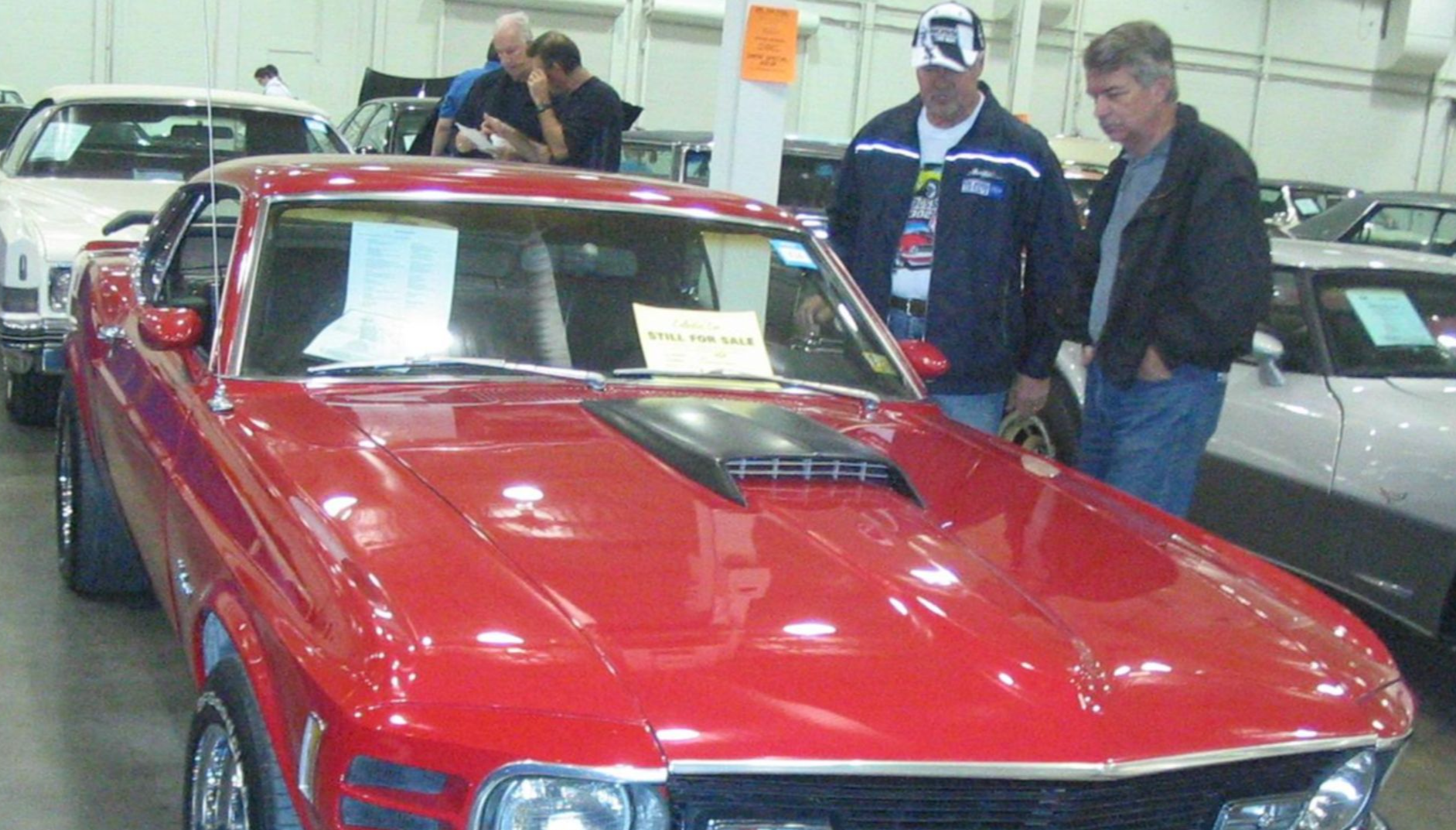 Bull-Doser at English Wikipedia, Wikimedia Commons
Bull-Doser at English Wikipedia, Wikimedia Commons
State Laws Vary Wildly
The rules around vehicle seizures and auctions vary a *lot* by state. Some give more time to reclaim a car. Others have stricter forfeiture laws or put auction money into general funds. It’s a legal patchwork.
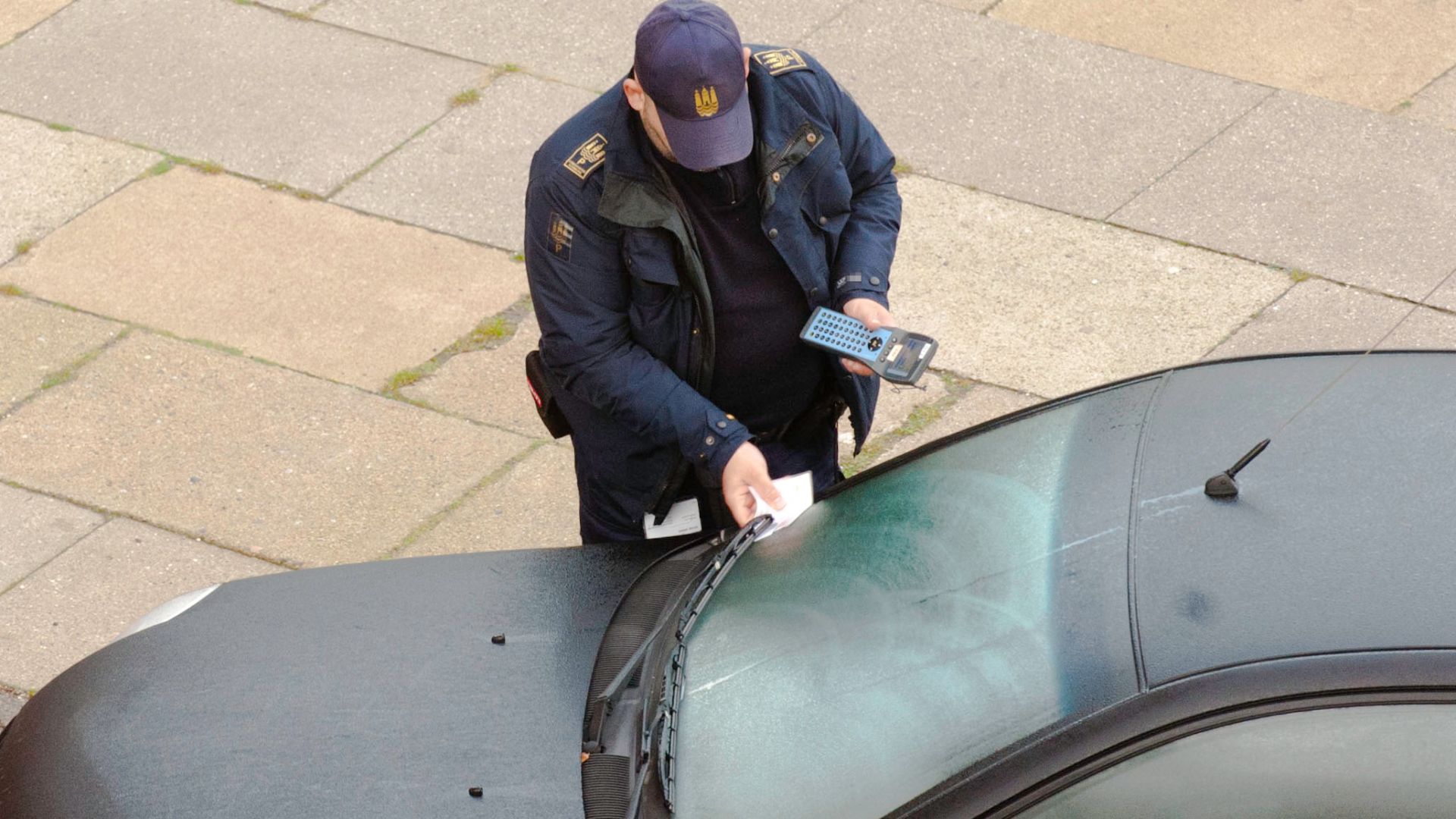 heb@Wikimedia Commons (mail), Wikimedia Commons
heb@Wikimedia Commons (mail), Wikimedia Commons
You Might Need a Lawyer
If your car was taken unfairly—or you think it was—you might need a lawyer to fight it. The process is complicated, and winning isn’t guaranteed. But if your case is solid, it might be worth the hassle.
 Photo By: Kaboompics.com, Pexels
Photo By: Kaboompics.com, Pexels
Storage Fees Add Up Fast
Here’s the kicker—even if you win your case, you might still owe thousands in towing and storage fees. Some people end up walking away from the car just to avoid the bill.
Seizures Can Be Mistaken
Yes, mistakes happen. Some cars have been seized due to VIN errors, bad records, or just being in the wrong place at the wrong time. If it happens to you, expect paperwork—and a long wait.
Famous Celebrity Seizures
Even the rich and famous lose their rides. Stars like 50 Cent and Justin Bieber have had cars seized for street racing or legal issues. Some of those luxury cars even ended up at public auctions.
Some Cars Are Used For Training
Not every car gets auctioned or driven again. Some are used for training—think search drills, mock traffic stops, or crash simulations. It’s not glamorous, but hey, someone’s gotta take the hit.
How To Avoid It Happening To You
This one’s easy: pay your tickets, renew your tags, and don’t lend your car to that one friend who always gets pulled over. A little caution goes a long way—and could save you thousands.
You Might Also Like:
I'm a first-time driver. Why is my car insurance almost as much as what I paid for my car?
Nicolas Cage Had A Massive Car Collection Before The IRS Came Knocking
The Worst Pickup Trucks In The Last 20 Years, According To Industry Experts

